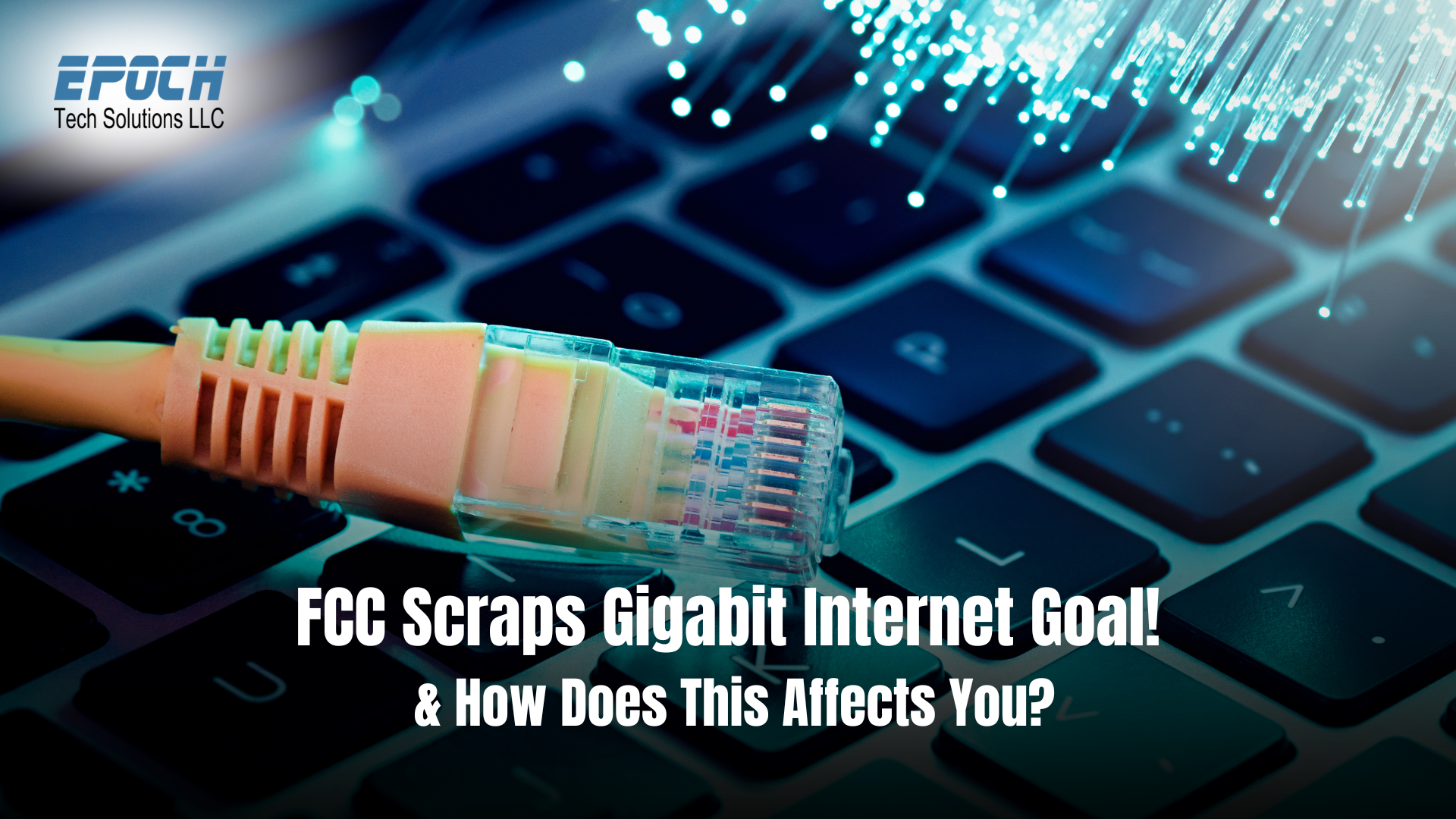
On August 7, the FCC is expected to vote on a proposal that could significantly roll back federal ambitions for high-speed internet in the U.S. Spearheaded by Republican Chairman Brendan Carr, the new direction aims to eliminate the long-term goal of achieving gigabit-level broadband speeds (1,000 Mbps download / 500 Mbps upload) and shift the regulatory focus from analyzing affordability and access equity to a much simpler benchmark: whether some progress is being made in deployment.
The justification? According to Carr, holding onto lofty speed goals may unintentionally favor certain technologies (hello, fiber) over others (wave to satellite and fixed wireless), thus distorting what should be a "technologically neutral" playing field.
The 2024 FCC report under the Biden administration raised the speed benchmark to 100/20 Mbps and proposed a long-term target of 1Gbps/500Mbps. Now, Carr's FCC wants to ditch that high bar. Instead, they'll stick with 100/20 Mbps as the standard (for now) and stop tracking broadband pricing and affordability altogether.
Some say it's about modernizing policy to reflect the market. Others say it’s like lowering the basketball hoop because not everyone can dunk.
Carr's proposal would:
That means ISPs offering slower (but still fast-ish) services, like satellite internet and fixed wireless, could now more easily meet FCC benchmarks and benefit from federal support programs, without having to upgrade to gigabit capabilities.
While giant enterprises have the clout (and cash) to run dedicated fiber lines into their buildings, small businesses often rely on whatever commercial broadband is available in their ZIP code. Here’s how this change might hit closer to home:
Here’s how your business can stay agile, even if policy isn’t on your side:
The FCC’s rollback on gigabit goals may make life easier for certain ISPs, but it could also keep small and mid-sized businesses stuck in the digital slow lane. While this might not be a full-speed crash, it's certainly a detour from where we thought internet policy was heading.
If you're a business owner trying to future-proof your operations, the message is clear: don't wait for Washington to bring you fiber. Adapt, diversify your connectivity strategy, and stay proactive.
We help SMBs build tech stacks that thrive, even on less-than-perfect infrastructure. Let's talk. Book your free consultation